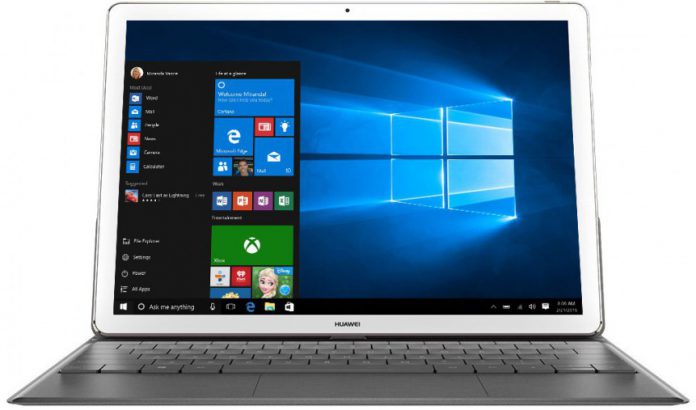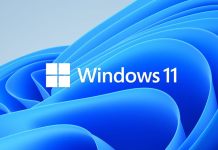Under the US trade ban, Huawei will not be able to access Google services and Microsoft’s Windows. The company has already embraced its own Harmony OS to replace Android. Luckily for Huawei, the company does not need to develop its own system for PC. That’s because there is an open and free OS readily available, Linux. In China, Huawei is already selling its MateBook 13, MateBook 14, and MateBook X Pro devices running the Linux platform. Deepin is being used as the distro, a Chinese fork of the Debian distribution. While some quarters are billing this as bad news for Microsoft, the impact does have limits. Certainly, Huawei has a large footprint in China and would be Microsoft’s best chance of Windows 10 spreading in that marketplace. However, across the world Huawei is not a major PC player. Indeed, the company lags behind companies like Asus (6), Acer (5), Apple (4), Dell (3), HP (2), and Lenovo (1) as the world’s largest PC manufacturers. It is worth noting owners of existing Huawei laptops will continue to have Windows updates.
Microsoft Support
Interestingly, Microsoft has shown support to Huawei against the trade ban imposed by the US government. Microsoft President and chief lawyer Brad Smith said the treatment of Huawei by the U.S. government has been “un-American”. In the summer, Microsoft joined with gaming rivals Nintendo and Sony to protest Trump’s Chinese tariffs, including Huawei. In the letter, the gaming giants (considered the “big three” of the industry) say U.S. tariffs placed on China will harm the console industry.




